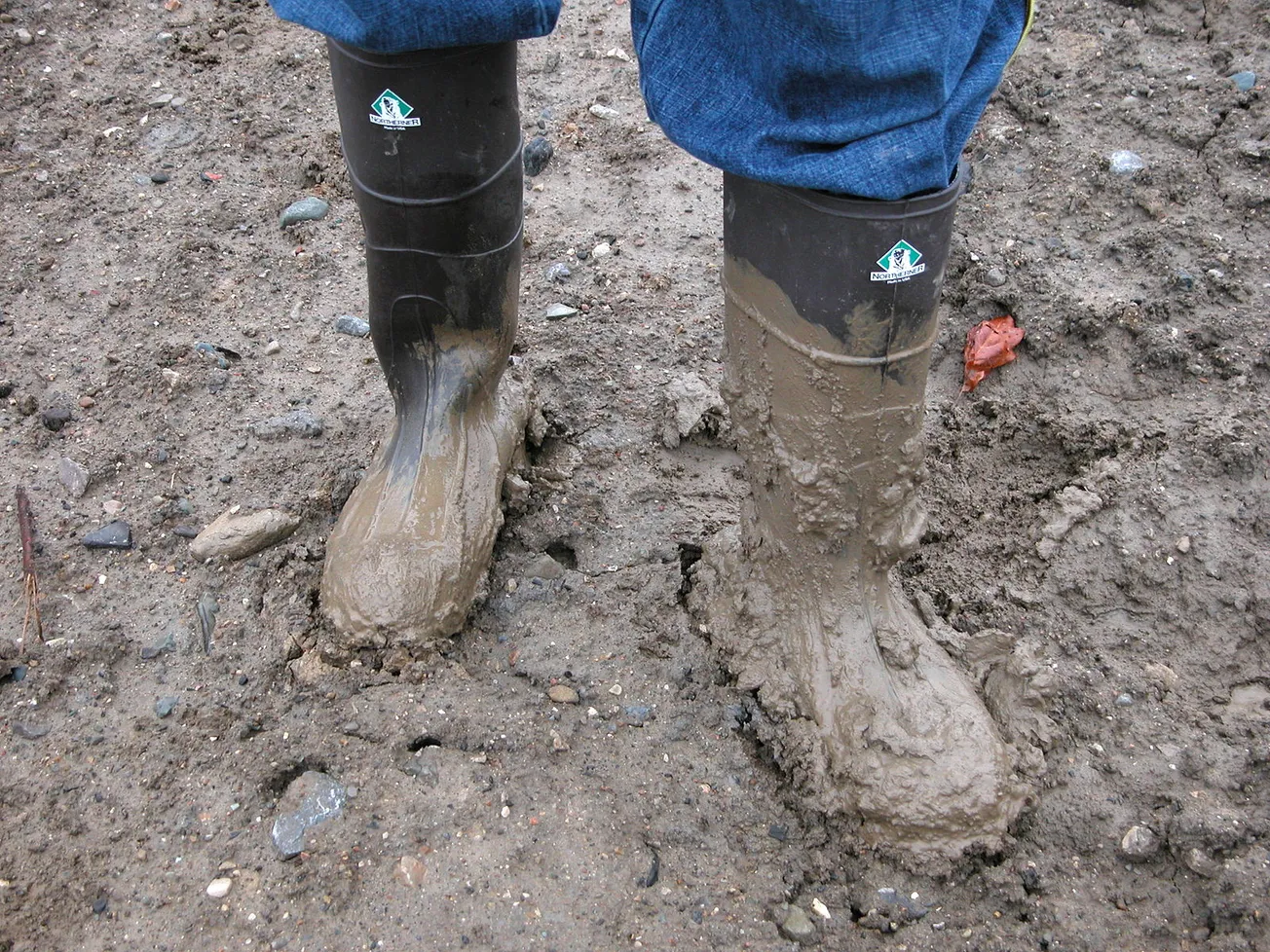Tani Newton
Welcome to sunny Gisborne, where we spend our time shovelling mud, digging drainage ditches, putting our houses up on stilts and shopping for longer gumboots. What gives with the weather?
Recently, it’s all changed again: now the sky has turned a peculiar colour, a sort of bright blue, and there is a strange yellow thing shining up there, too bright to look at. I think people in Auckland have observed this phenomenon also. Maybe it’s as good a time as any to discuss the vexed question of why the weather has been so awful.
Of course, we all know what we’re expected to think: all weather that we don’t like, regardless of what the climate is or ever has been, shall henceforth and hereafter be termed “climate change”. And that it is caused by people using energy to do work, and by evil farmers having pastureland with domesticated animals burping and farting on it, instead of untamed wilderness with untamed animals burping and farting in it. (Wild animals emit neither methane nor carbon dioxide. Especially endangered species with cute young. You knew that, right?)
But since this isn’t the mainstream media, we can talk about some of the other theories. Here are five:
1) It’s natural. An old friend of our family, a meteorologist who ended up without work in New Zealand because he doesn’t subscribe to the climate change narrative, told me once that the weather probably moves in seventy-year cycles. But accurate data have been kept for such a short period of history that it’s too soon to see the pattern. It’s easy to overlook this sort of thing: when ‘they’ tell us with such unanswerable authority what the weather was like in the archaic past, and what the weather is going to be like in the distant future, we somehow forget that they can’t predict the weather for next week.
2) It’s human-caused, but not in that way. Experiments in weather control have been going on since the nineteenth century, and such things as cloud seeding have been well-known since the mid-twentieth century, so it’s curious that this is still something we’re not allowed to talk about. It is interesting in itself that any mention of chemtrails, for instance, is automatically flagged as a conspiracy theory by most people, even though, to my knowledge, there is currently no working theory of any conspiracy connected with it. We’re simply being sprayed with clouds of toxic dust, and we have no idea why. But it seems unlikely that it isn’t affecting the weather.
3) It’s exacerbated by human activity (or the lack of it). Poor river management, for example, undeniably contributed to the devastation caused by extreme weather in Gisborne and Hawke’s Bay this year.
4) It’s a moral issue. Some Christians and others would say that adverse events may be God’s judgement on man’s sin. What you think it’s a judgement for, of course, depends entirely on what you consider to be good or bad, important or unimportant.
5) It’s normal. The weather isn’t doing anything it shouldn’t be doing. It’s catastrophised by the media, and we are a generation of self-entitled thumb-suckers who haven’t learned to face adversity with fortitude.
What do you think? Any other theories?










